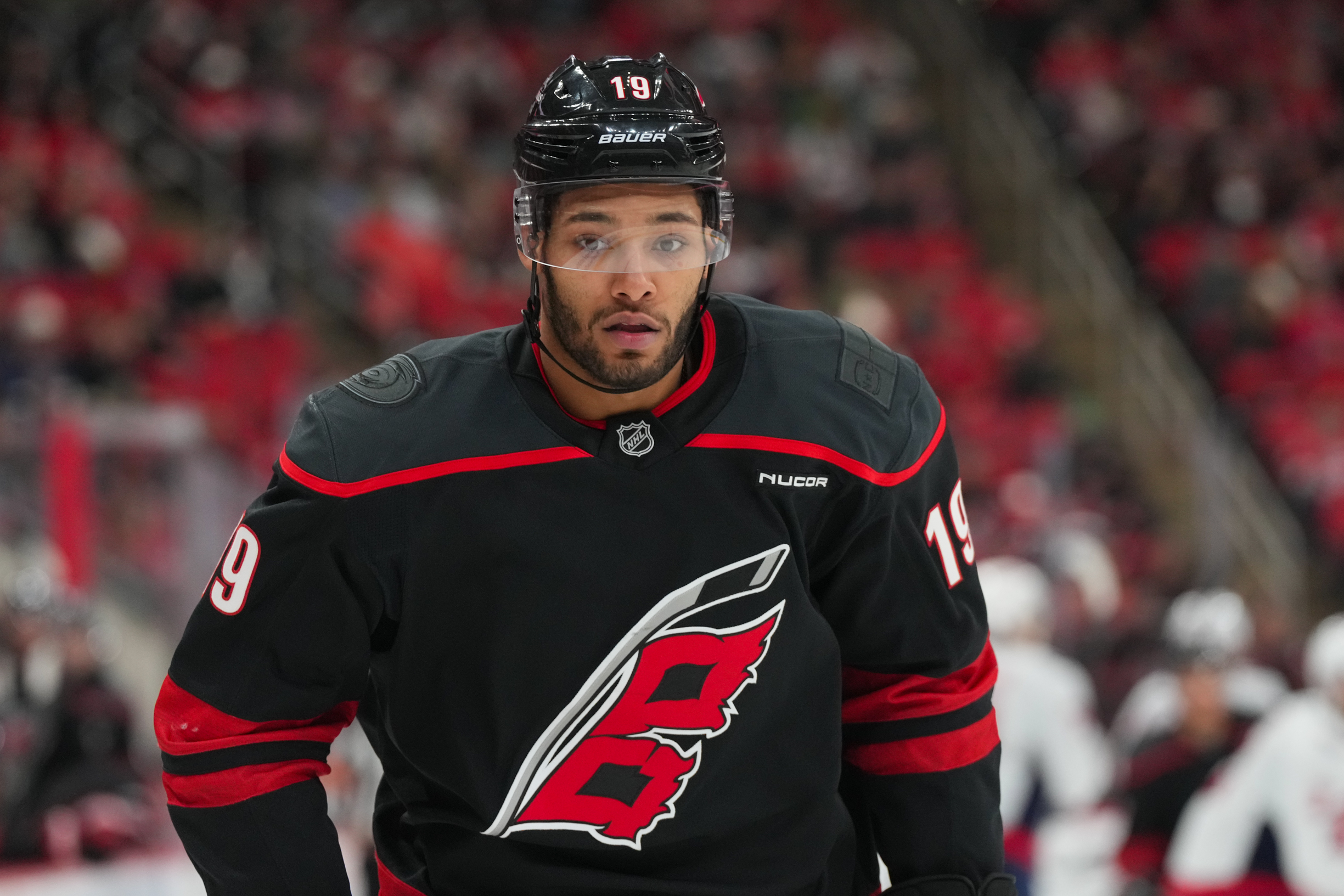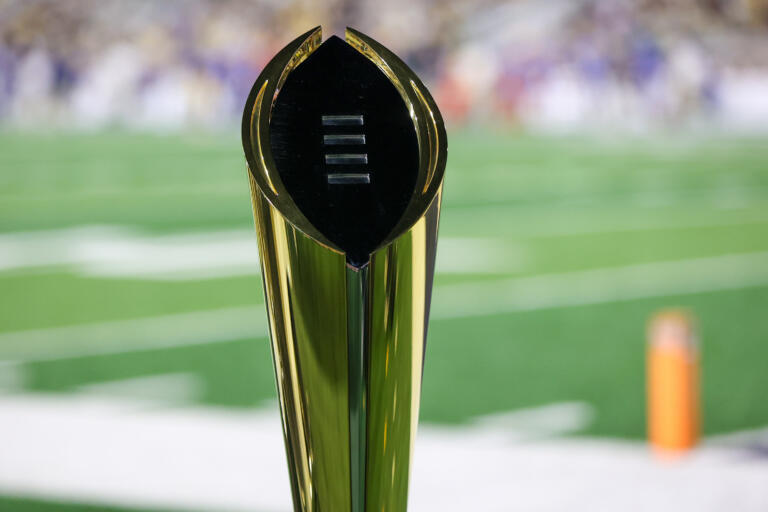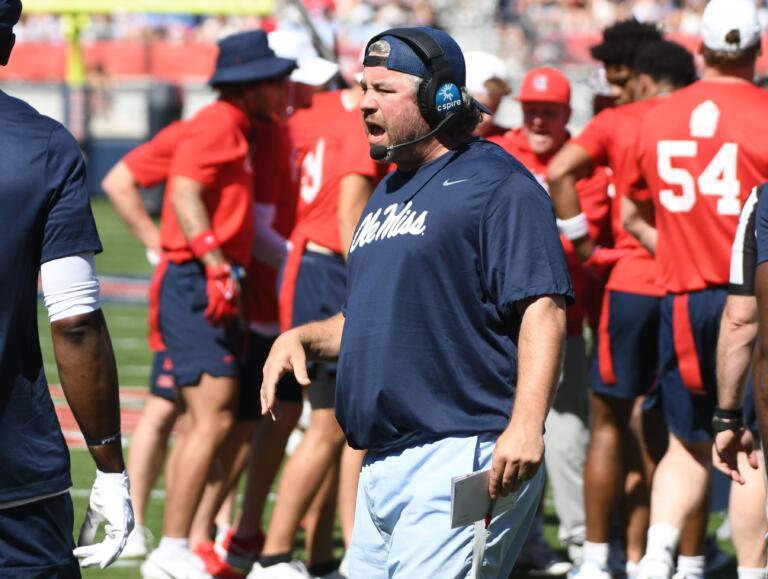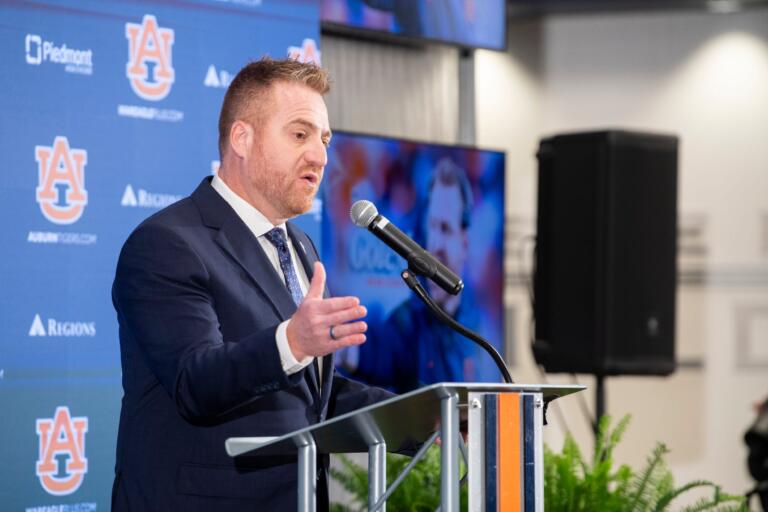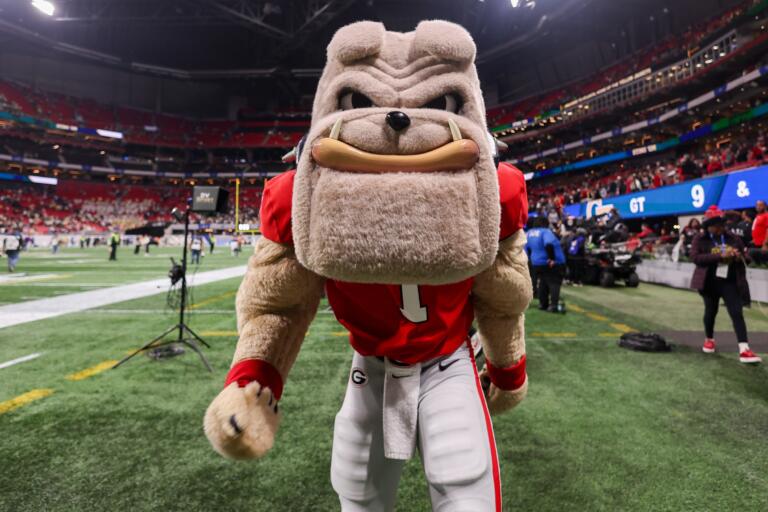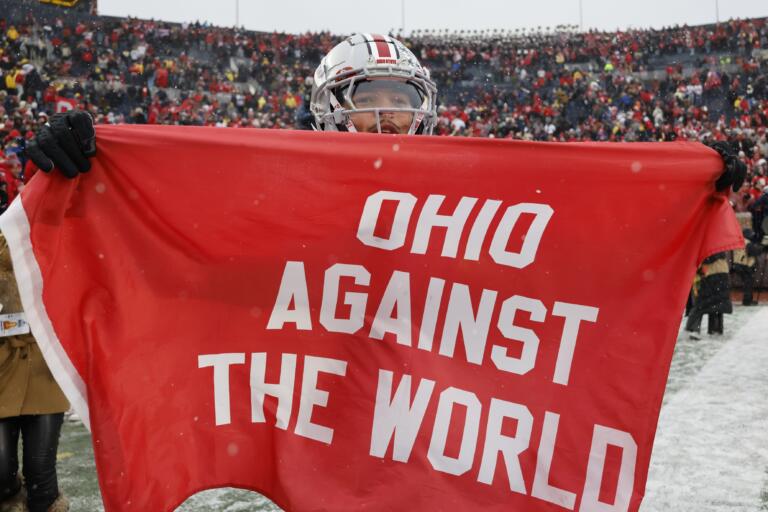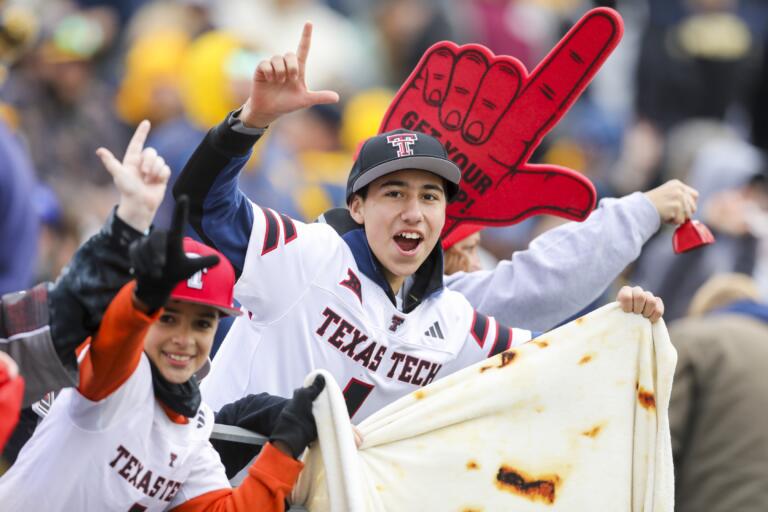RALEIGH — Here’s the truth about the 2025-26 Carolina Hurricanes: they are an outstanding hockey team. Under Rod Brind’Amour they remain one of the sharpest 5-on-5 squads in the league. They kill penalties effectively (82.0 %) and they’ve put together a deep, balanced roster loaded with young talent and veteran poise. Yet despite all the right elements, this track still has a glaring pothole: the power play. And make no mistake—if Carolina wants to make the leap from consistent playoff contender to Cup-winning machine, that special-teams glitch can’t continue unchecked.
Let’s start with the good. The Hurricanes sit at 11-4-0, 22 points in, second in the Metropolitan Division and firmly in the contender conversation. Their goals-for rate (3.87 per game) ranks among the league’s best. They’ve built a roster that’s deep—forward core, blue-line pieces, even goaltending are all credible. When they’re even strength, they execute. They forecheck, they retrieve pucks, they trap, they transition, they defend their own zone with structure and tenacity. That’s exactly how you build sustained success.
But then we look at the power play—and we see a mess. Carolina’s power-play percentage sits at a brutal 14.0 % through their first 15 games. That puts them around 29th in the league in man-advantage conversion. Stat after stat confirms it: opportunities come, but execution and finishing don’t. How do you reconcile a team that can dominate shot metrics and still come up empty when given the numerical edge? You don’t. At least not if your goal is winning the Cup.
Here’s how it plays out in real games: take Tuesday night in Raleigh against the Washington Capitals. The Canes lost 4–1 and went 0-5 on the power play. Five chances and zero payoff. Let’s be clear: championship-caliber teams don’t do that. They don’t waste half-dozen man advantages in a game and then wonder why they end up on the short side of the ledger. You know who does that? Good regular-season teams. Second-round exit teams. Teams that run into a physical juggernaut in April and get bullied, because they never learned how to win ugly, or win when the special-teams script flips on them.
Now, I like Coach Brind’Amour. I respect the pedigree, the structure, the culture. The Hurricanes do deserve credit for building a sustainable club. But this one glaring hole—the power play—has been a theme for years. And if you’re going to claim a real Cup window, you have to address it. You can’t be out-coached or out-schemed when you’ve got a window. You can’t go toe-to-toe with playoff wolves if your special-teams edge is nonexistent.
Let’s drill it down further: When Carolina has its opponent on their heels—when the opponent has taken a penalty, when the puck is in the Hurricanes’ zone with a wave of possession and momentum—you need a set play. You need clarity. You need an executable look that becomes automatic, not something you hope will open up. Instead what we see: passive movement, too many reads, dancing around, reset after reset instead of the threat and finish. The clock ticks, the power play fizzles, momentum dumps, and the opponent gets a change. That kill becomes a missed chance.
Compare that to proven playoff contenders: the Edmonton Oilers, the Florida Panthers. They have structured power plays, consistent top-units with snipers and play-drivers, and they finish. They win wars when they have five on four because they back themselves. Carolina? Not yet.
And while the Hurricanes are built to win in the regular season—yes, they make the playoffs every year, yes they tend to win rounds—they aren’t built yet to survive the playoff grind when physicality increases, when games turn nastier, when special teams swing series. These are the moments when the big teams distinguish themselves. When your opponent enters the room thinking “we’re going to knock the Hurricanes off the puck, grind them, neutralize their speed and make them uncomfortable”—you need two things: depth (they’ve got it) and special-teams efficiency (they don’t). Without the latter, you’re vulnerable.
Consider this: It’s November. So yes, I’m qualified to say “we have time” and “the season is long.” But by the same token you build stable systems early and you evolve later. If you’re waiting until March to fix your power play, you’re behind. You’re reacting, not anticipating. Coach Brind’Amour might not have a designated special-teams wizard on staff—or he may have him—but it appears the focus (and execution) on the man-advantage has fallen short. With a young core in place, cap flexibility in hand, and a window open, now is the time to plug the leak.
It’s inexcusable at this level. When you have a roster that includes high-end forwards, dynamic transition players, puck-moving defensemen and a system built on structure, you can’t afford to leave dozens of points on the board because your power play is inefficient. For a modern NHL team aiming for the Cup, you need elite execution in that phase. The Hurricanes are good enough to dominate at 5-on-5. They are good enough to kill penalties. But they’re missing the one key piece: consistent high-end power play execution.
Here’s the bottom line: If Carolina wants to convert from “very good team that flirts with the Final Four” into “Carries the hockey world on their back all spring” they have to fix this. They have to add a true sniper—or recalibrate the one they have—to finish the second wave of chances. They have to elevate their scheme so that their man-advantage units become fear-inspiring, not merely competent. They need more identity when the ref’s hand goes up and the opponent is shorthanded. Because when you don’t score on the power play, you give other teams extra lifelines. You let them survive a bad penalty, you let them breathe, you let them reset, and suddenly you lose momentum and potentially lose the game.
In the grind of playoff hockey, margins are razor-thin. One power-play goal might decide Game 2. One sustained shift while up a man could shift series momentum. The Hurricanes do not have that consistently. They are built for success—yes—but they’re not built yet for the scars of April that demand special-teams dominance, resilience, physicality. They can win nights, but they can’t yet survive series where the opponent barks back, grinds back, and takes your power play away.
So yes Coach Brind’Amour, I like what you’ve done. I respect the architecture here. But the next step is clear: figure out the special-teams weakness before the calendar flips. Inject urgency. Inject finishing. Don’t accept 0-for-5 or 14% power plays as “we’ll fix it later.” Fix it now. Because while the Hurricanes may sit atop the standings and look classy doing it, they’re still building toward something. And if that something is the Stanley Cup, they need their power play to pull their weight.
Until that happens, they’ll remain “great regular-season team” with playoff hopes rather than “cup-winning machine.” Let’s hope the phone rings in Raleigh, the staff changes, the scheme evolves, the sniper shows up—and then we stop talking about wasted power plays and start talking about sustained runs of dominance. Because Carolina deserves it. The roster is right. The culture is right. But this hole? It cannot exist if they’re serious.


